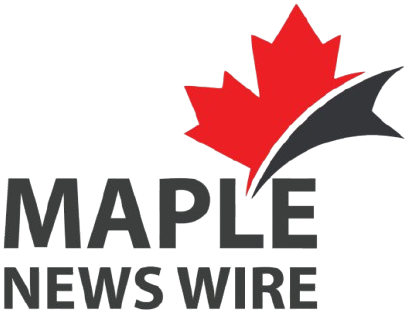Ottawa may push forward on a bubble bylaw to restrict protests near schools, hospitals, and religious sites despite Charter and legal concerns.
Ottawa Mayor Pushes Ahead on Protest Buffer Zone Bylaw
Ottawa Mayor Mark Sutcliffe has voiced strong support for developing a “bubble bylaw” to limit protests near sensitive public spaces like schools, hospitals, and places of worship. The proposed legislation aims to protect residents from intimidation and disruptions as they access key community services.
“This is about ensuring people can attend school, receive medical care, or worship without being harassed or impeded,” Sutcliffe stated, ahead of Thursday’s joint committee meeting where the motion will be tabled.
What the Bubble Bylaw Would Do
Inspired by similar bylaws in cities like Vaughan, Ont., the proposed regulation would create designated protest-free zones around certain public institutions. Vaughan’s version, for instance, prohibits “nuisance demonstrations” within 100 metres of key locations.
Sutcliffe emphasized the importance of balancing the right to peaceful protest with the public’s right to safety and unobstructed access to services.
“We need to protect democratic rights, but also ensure peaceful access for everyone,” he said.
Legal Risks and a Call for Caution
Despite Sutcliffe’s urgency, city staff have warned against rushing into the bylaw process. A recently completed feasibility assessment recommended a full-scale review — a process estimated to take up to nine months — citing potential Charter rights violations and legal vulnerabilities.
Calgary, which enacted a similar bylaw, is currently facing constitutional challenges — a development Ottawa officials are watching closely.
“It’s prudent to wait and assess outcomes from those court cases,” staff advised in their report.
Community Support vs Legal Headwinds
Mayor Sutcliffe acknowledged the legal complexities but said that waiting on court decisions could take years — a delay the city can’t afford, he argues.
“I’ve heard from educators, healthcare leaders, and religious groups. They’re asking for leadership now,” Sutcliffe said. “This motion would simply start the process, including public consultations.”
The proposed motion would direct staff to begin drafting a bylaw, with careful review and input over the coming months.
Civil Liberties Advocates Raise Charter Flags
The Canadian Civil Liberties Association (CCLA) has flagged serious concerns about the bylaw’s implications. According to Anaïs Bussières McNicoll, director of fundamental freedoms at the CCLA, current laws already give police ample authority to deal with dangerous or threatening behavior at protests.
“You’re talking about restricting peaceful protests — ones that may be disruptive or offensive but are not illegal,” she explained. “The Criminal Code already covers harassment, hate speech, and threats.”
She warned that the proposed bylaw may unintentionally overreach and suppress lawful expression protected by the Canadian Charter of Rights and Freedoms.
Council Split on Path Forward
Some councillors are hesitant to move forward before the courts provide more clarity. Kitchissippi Councillor Jeff Leiper voiced concerns that any premature legislative action could be overturned.
“This could all go down the drain depending on what the courts say,” Leiper remarked. “It’s more appropriate for higher levels of government to take the lead here.”
He also highlighted that the new Liberal federal government has already committed to exploring similar protections on a national scale.
The Road Ahead: A Delicate Legal Balancing Act
While the bubble bylaw is not yet law, Sutcliffe’s support signals that momentum is building. If passed by committee, the motion will proceed to full council for a final vote.
The coming weeks will reveal whether Ottawa will become the next Canadian city to test the boundaries between public safety and freedom of expression in the courts.




